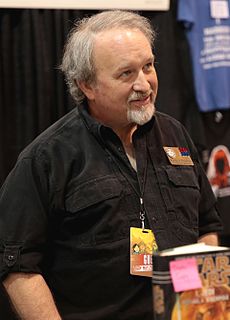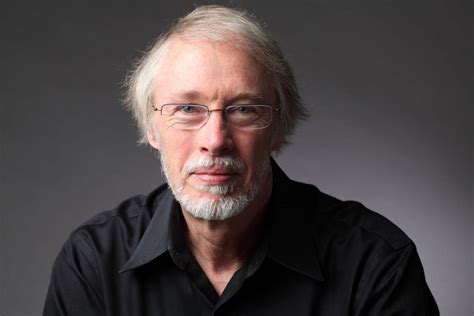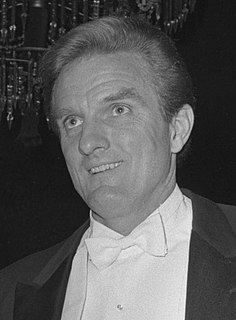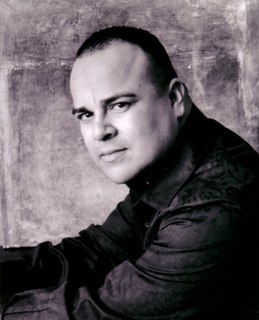A Quote by Michael A. Stackpole
Authors can easily produce ebook versions of novels and shorter work which publishers don't own.
Related Quotes
Teachers and librarians can be the most effective advocates for diversifying children's and young adult books. When I speak to publishers, they're going to expect me to say that I would love to see more books by Native American authors and African-American authors and Arab-American authors. But when a teacher or librarian says this to publishers, it can have a profound effect.
We're in the media business today. We're in the business of helping authors and publishers market their books to readers. And that's where we make our money. We sell book launch packages to authors and publishers and really help accelerate, build that early buzz that a book needs to succeed when it launches and accelerate that growth through ads on the site.
I never go home and take out those business cards and go to those websites. But if there was a mini-comic here in my hand, I'd read it while I ate my lunch. I'm also probably one of the few remaining holdouts who hasn't consented to making the e-book versions of all my work, which is annoying to some of my publishers.


































